12-year-old girl creates a machine to detect lead-contaminated water
Gitanjali Rao started inventing when she was in kindergarten. At 12, she was "America's Top Young Scientist."
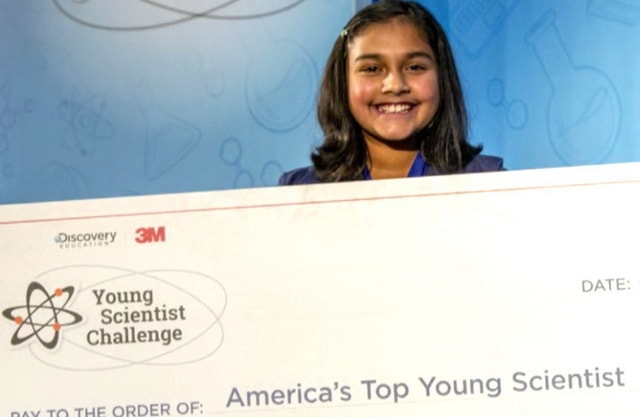
Gitanjali Rao receiving the award.
Gitanjali Rao says she has more than eight inventions to her name.Among them, Tethys - a 3D printed device with carbon nanotubes and a mobile application to test water for lead contamination in just 10 seconds, has just brought him the title of "America's Top Young Scientist" and a prize of 25,000 USD.
She revealed that she got the idea to create Tethys when she learned about communities in Michigan dealing with the harmful effects of lead-contaminated water.
After talking to her family, she put herself in the shoes of those affected by contaminated water. “I thought about how they would feel if they actually found out there was lead in their water. It was really scary,” she said.
So she looked into the serious side effects of lead exposure, such as rashes, headaches, vomiting, seizures, and even death, and began using her inventing experience to help.
"At first, I thought of finding a way to remove lead from water, but then I realized that was a step too far and needed to be withdrawn. Then I thought of making a device to detect lead-contaminated water so that people could take precautions," she said.
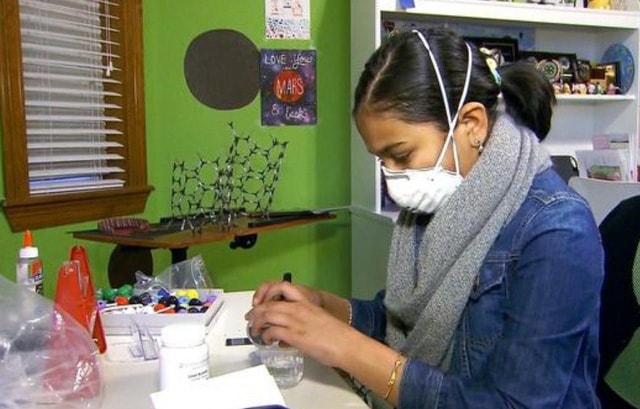
Gitanjali Rao testing her device. Photo: CBS
After researching water quality detection techniques, she realized she would need some hard-to-find supplies, like carbon nanotubes, chloride, and lead acetate. Luckily, her parents were there to help.
"My parents help me get lead and carbon nanotubes. They really support me in solving this big problem. They want me to think outside the box and be aware of what's going on in the world," she confided.
She then submitted a video application to the competition organizers and was selected as one of the 10 finalists.
After months of perfecting her theoretical idea and real-life model, she traveled with her parents to the 3M headquarters (the competition's organizers) in Minnesota and gave a five-minute presentation to the judges, followed by another five minutes of questioning.
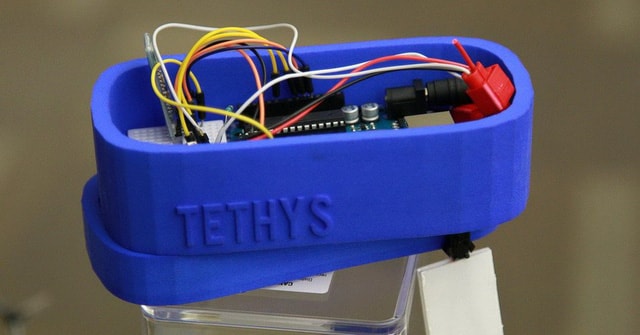
Her device gives results in just 10 seconds. Photo: CNBC
Brian Barnhart, a member of the jury, told ABC news: "It's no exaggeration to say she really impressed us."
The end result was that she received the title of "America's Top Young Scientist," along with a check for $25,000.
Science isn't Gitanjali Rao's only passion. "I like inventing and doing research, but I also like marketing," she says.
She is currently developing a business model that she hopes will make her Tethys device widely available to families.
“I want everyone to be able to buy Tethys because it is important to check the water you are using. Right now, the device costs 20 USD, but when it is produced in large quantities, it will be significantly cheaper,” she said.
With the bonus she received, shebaby plans to continue usingmost of the money receivedto developTethys.She plans to donate the rest to organizations she volunteers for, like Children's Kindness Network, and save some for college.
"When I grow up, I want to be an epidemiologist and geneticist," the 7th grader confided.

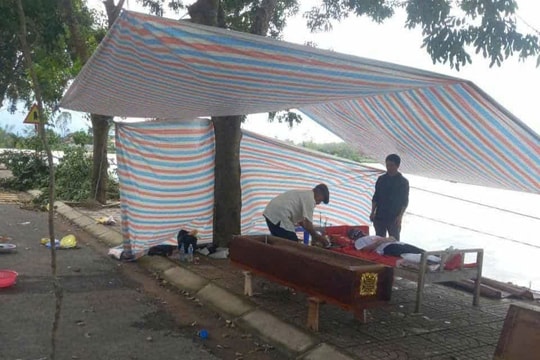
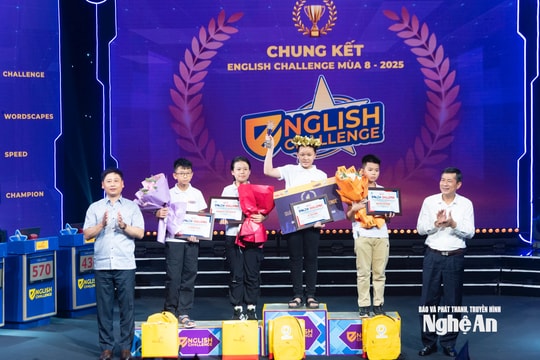
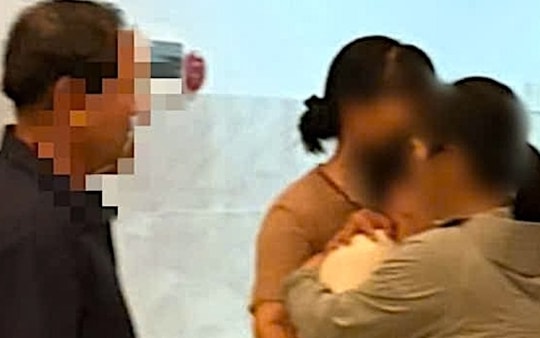

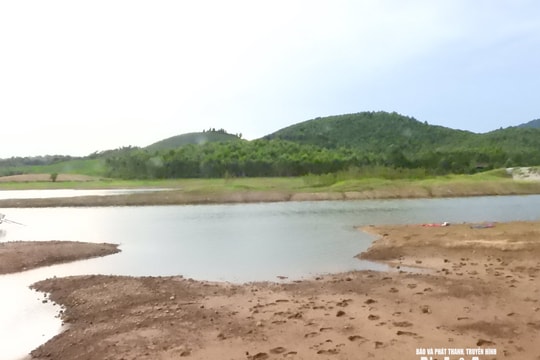
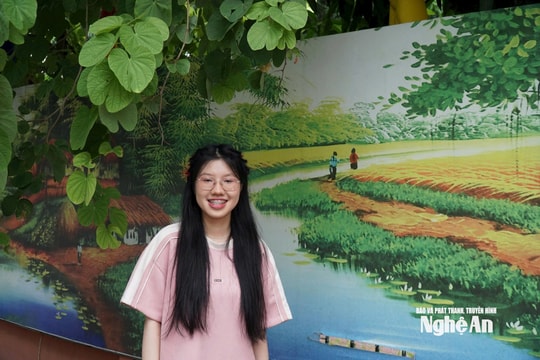
.jpg)
